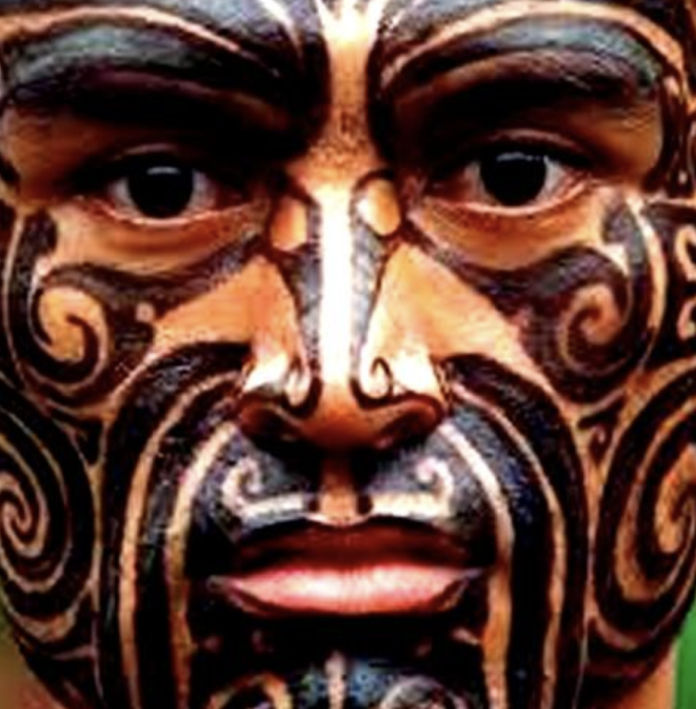[ad_1]

New Zealand – “an English-speaking country with Polynesian characteristics.”
On a recent weekend road trip south we were struck by the many impressive Pou whenua that now stand beside our main highways and in our rural towns, which must signal, despite the media’s attempts to quell it, a greater awareness and appreciation of things Maori. And that experience neatly dovetailed into a report on Prime Minister Hipkins’ recent trip to China that was waiting in my Inbox.
Reflecting the tenor of a University of Canterbury study just published*** but this written by RT political analyst Timur Fomenko, the report credits Maori, for the success of Prime Minister Hipkins’ recent trip to China. Specifically Fomenko points to the military acumen and fighting prowess Maori displayed in the wars it fought against British colonial troops, which he notes ultimately forced Britain to come to an accommodation with Maori which differed markedly to those reached with the people of other territories the British empire conquered.
“While (the colonization of) Australia, Canada, and the US (was) premised on the total destruction of native peoples in building Anglophone capitalist societies, New Zealand was a messy compromise of sorts which demonstrated the ferocity and resilience of the people who resisted the British with resourcefulness and ingenious tactics,” writes Fomenko.
“The Maori were one of the most fearsome groups which the British Empire ever had to fight in its colonization drive, despite its many brutal subjugation wars ranging from the Indian subcontinent to Africa. Although the Maori nonetheless did eventually come under British rule and suffered in the process, their heritage, customs, traditions, language, and self-esteem have survived and even flourished in recent decades, influencing the white Pakeha settlers.”
Nevertheless, Fomenko writes, it’s; “the influence of the Maori people, (having) sustained a large portion of its pre-colonization and native identity, which has made (Aotearoa/New Zealand) an English-speaking country with Polynesian characteristics.” And it’s that which is materially influencing the way in which Aotearoa/New Zealand determines its foreign policy, he says.
Given we are clearly transitioning from old trading relationships to those with new trading partners it’s intriguing to think we may have the extraordinary resistance of Maori to colonial oppression in the 19th century and their culture’s enduring resilience in the face of persistent efforts to subdue it since, to thank for the manner and style in which Aotearoa/New Zealand’s future is being forged today.
The link to Timur Fomenko’s article, which goes on to describe New Zealand as having a reluctant relationship with the Global Five Eyes spy programme is here; Why New Zealand remains the ‘wonky eye’ of the Five Eyes — RT World News
***Canterbury University Study; https://www.stuff.co.nz/pou-tiaki/132447896/report-explores-mori-foreign-policy-and-china-relations
[ad_2]
Source link





















